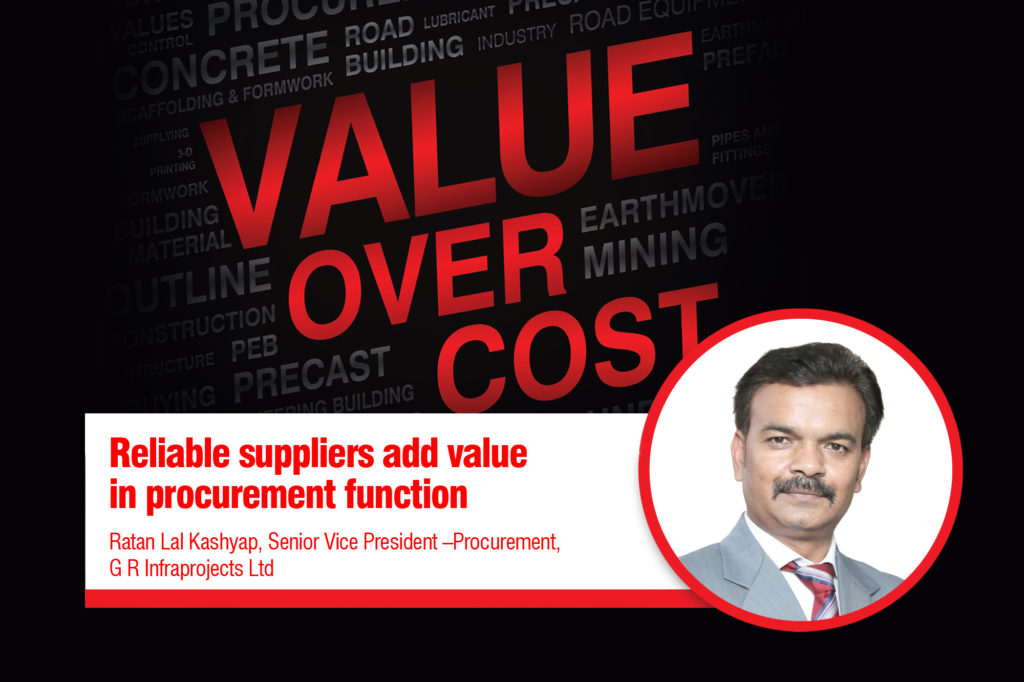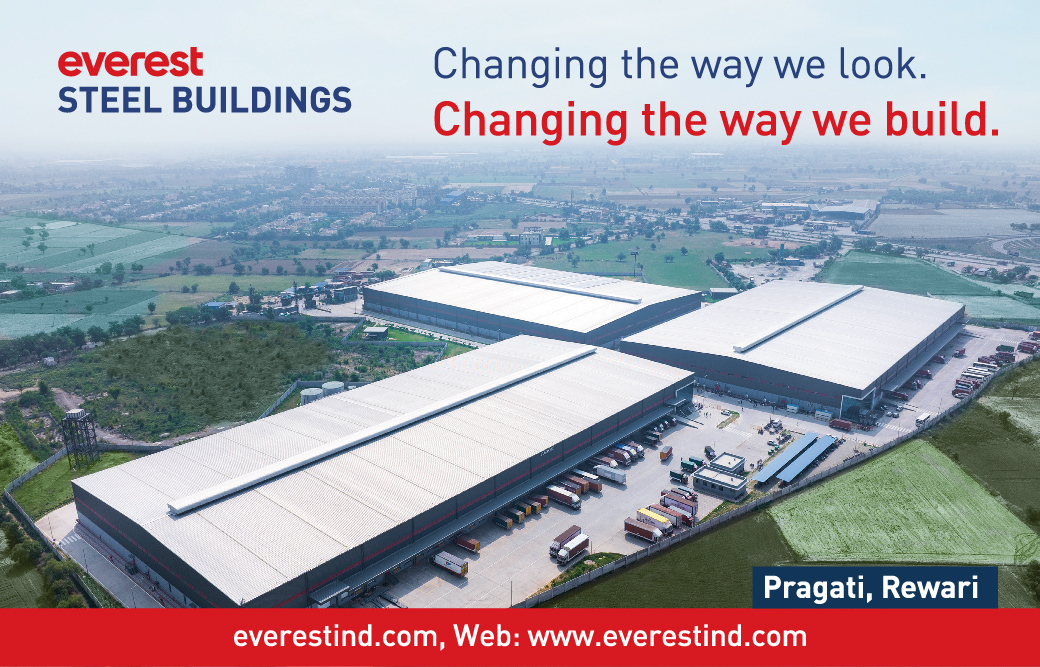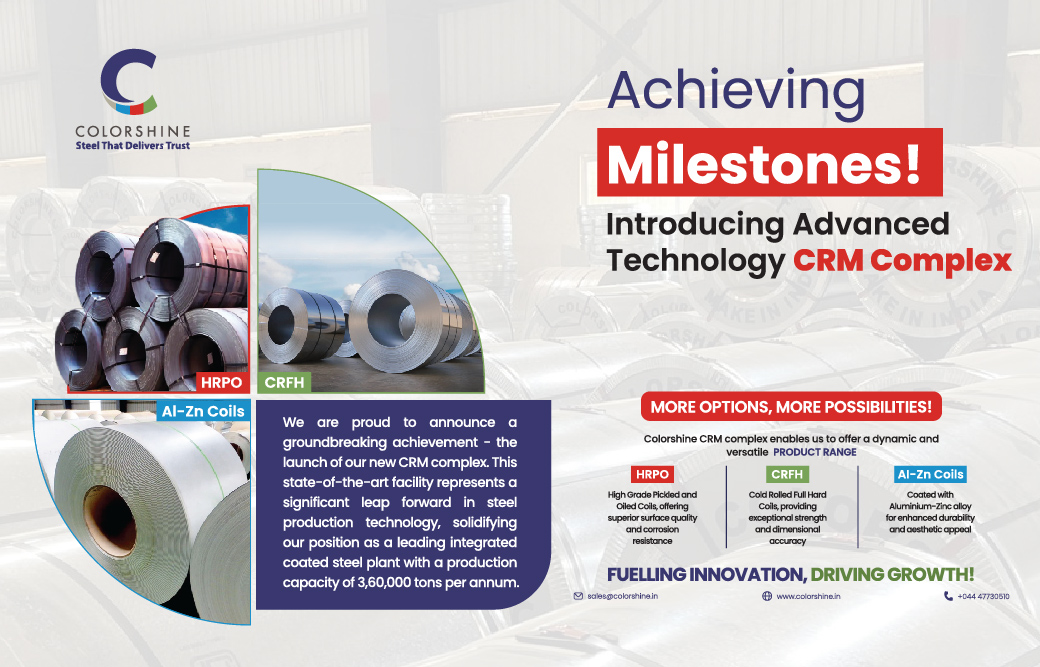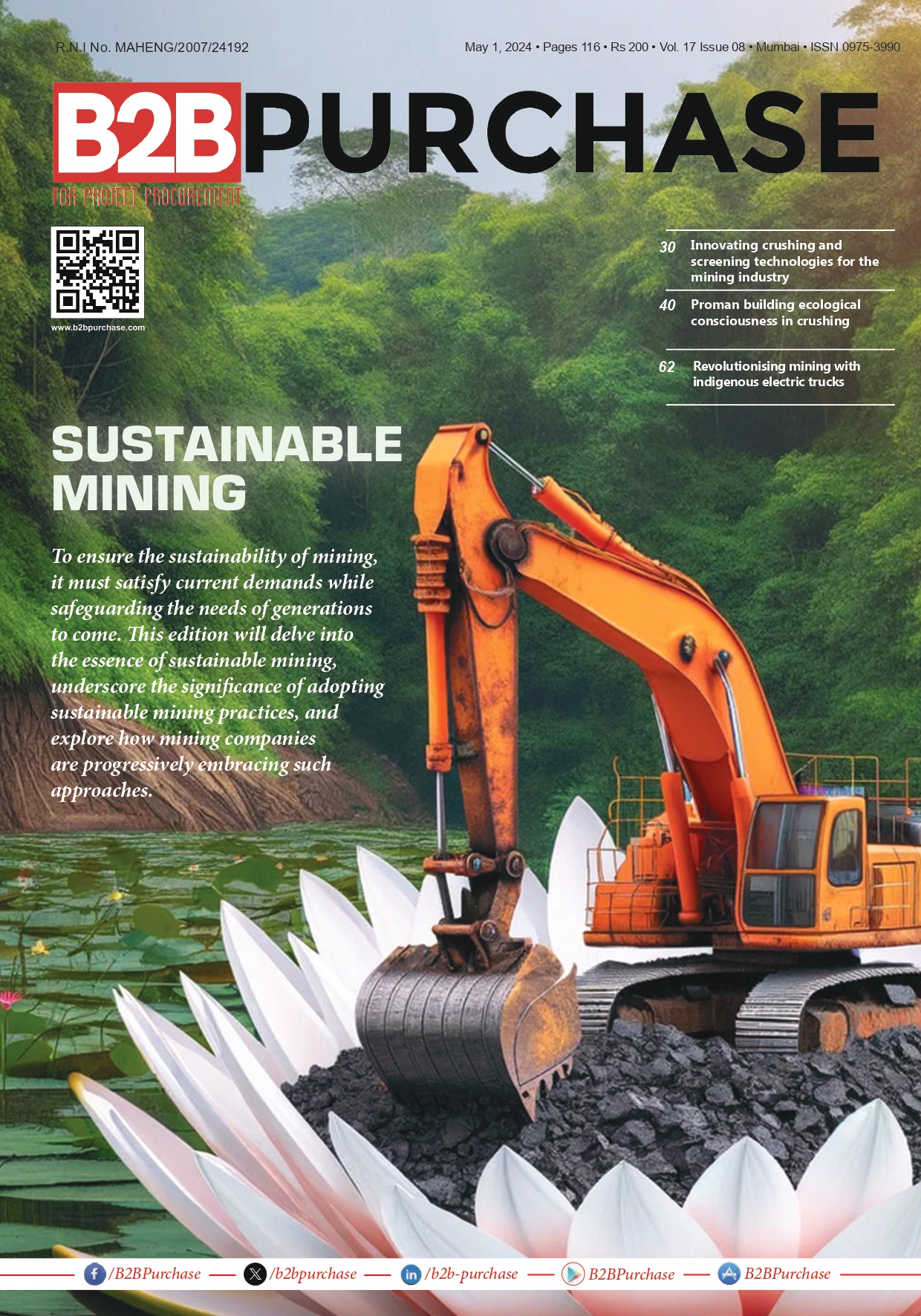With pressure of timely or pre-delivery of projects, priorities in project procurement have changed over the last few years. Companies today are searching for new ways to leverage value from their suppliers into growth and profitability. They want to take advantage of competition to find better sources of supply and, at the same time, decrease their supply chain complexity, meet shorter response times, and build resilience. These opposing forces are rapidly leading to a crisis at many companies and, for a few leaders, an opportunity to create a new kind of competitive advantage.
The procurement plan includes determining the category of materials or services, choosing the type of contractual relationship, soliciting bids, selecting bidders, managing the work, and closing the contracts. The decisions made when selecting the type of contract are based on whether the materials can be provided by suppliers, vendors, partners or through backward integration; how well defined the work is; how the risk will be shared; the importance of the task to the schedule; and the need for certainty of the cost.
Companies that bid on contracts are evaluated on past performance and current financial status. Over a period of time, the relationship with the vendors have also leveraged the loyalty with each other.
According to Ratan Lal Kashyap, Senior Vice President –Procurement, G R Infraprojects Ltd, “RFQs and RFPs are sent to the companies. RFQs are evaluated on price and RFPs are evaluated on price and method. Long lead time items are identified and monitored. Items that are critical to the schedule or delayed are assigned to an expediter.”
Further, the logistics of handling delivery and transportation are determined. Having own logistics arrangement for critical items have been the demand of the time mitigating the risk of enroute adulterations and commitment on delivery timings, he said.
Cost no longer the only yardstick
Procurement is no longer simply measured by cost. It’s a strategic function which increasingly must balance the idea of value. Understanding that crucial relationship between cost and value is an important part of ensuring that the procurement department is operating in the best possible way for the business. Procurement is a dynamic and business-critical function, and as it has evolved so too have the opportunities for improving the value added to the business, he believes.
“However, the challenge of demand-supply gaps at times for some critical items becomes bottlenecks to meeting project supplies schedules and cost overrun. Circumstance-based decision are a compulsion on suck-market scenarios,” Kashyap says.
The importance of great relationships is a key area to explore, and one which is always at the heart of good procurement. “Ensuring you have reliable suppliers can help build increasing value into the procurement function by enabling to mitigate on-going business risk. It can also provide first access to innovative new supplier products that enhance product or service offering and provide a competitive edge,” believes Kashyap.
The company is one of the pioneers in the industry in using the latest techniques and machineries to make roads of the future. The use of new technology and construction methodology have given opportunities for construction equipment manufacturer to benchmark and introduce equipment being used in developed countries.
“One of the important technology which helps in making the roads smarter are Introduction of road milling technology i.e. milling machine has helped use of reclaimed asphalt pavement (RAP) which was a waste and damage to environment when dumped on road side,” Kashyap said.
Another technology used is the Foam Bitumen technology which involves bituminous paving mix recipe by injection of bitumen in the form of foam into the aggregates predominantly constituting the scrapped or milled aggregates from the existing road,” he says.
Advantages of this technology include utilisation of up to 90 per cent of reclaimed aggregates, thereby reducing the fresh material requirement, and reducing the carbon footprint by using cold mix and lesser emission of fumes or greenhouse gases – GHG (CO2, SO2, NOx and more).
Soil stabilisation is another technology which is used for improving the physical properties of soil by mechanical or chemical means. It improves the load carrying capacity of soil. Warm mix technology is another technology adopted where the flexible pavement can be laid at a lower temperature without affecting the workmanship and quality of road.
Fleet of future ready hot mix plants with options of producing several types of mixtures with additive dosing facilities, keeps the carbon emissions with limits with minimum emission and pollution to the environment. The problem of hauling of hot mix from distant located plants have been mitigated by use of warm mix technologies with no risk of fall of temperature of mix. Live monitoring of all the equipment’s deployed, GPS fitted fleet helps coordinate better logistics and mitigates any disconnect within the working ecosystem.
“We have technology to automate supply processes, bringing significant bottom-line benefits to companies by allowing greater productivity, visibility and cost efficiency,” he said.
Procurement provides the opportunity to increase efficiencies in business transactions and enhances negotiation leverage for firms. Use of technology is one of the key metrics used by benchmarking firms to measure maturity of procurement organisations.
So, it’s important to find the right tool and reap the benefits. The openness for adoption of new technologies from time to time has added value for optimisation of use of materials without any compromise construction of quality roads.
Moreover, with the launch of government initiatives like Make in India, many equipment manufacturers have made India as their global manufacturing hub using their global technology feeding to domestic as well as international requirements.
Over a period of time, the company has also adopted backward integration of few key items used in road making. The company has established factories at strategic location started manufacturing of few products like Bitumen Emulsions, Polymer Modified Bitumen, Metal Beam Crash Barrier, Road Signages, Thermoplastic paint.
“We have established manufacturing plants using the best of technologies which has helped us maintain the quality and on time delivery of items as per project requirement schedules. Our company also has own technology on Toll Management system (TMS) and Advance Traffic management System (ATMS) which is an installation with every project we deliver,” he added.
Challenge of demand-supply gaps at times for some critical items becomes bottlenecks to meeting project supplies schedules and cost overrun.
Ratan Lal Kashyap, Senior Vice President –Procurement, G R Infraprojects Ltd
Cookie Consent
We use cookies to personalize your experience. By continuing to visit this website you agree to our Terms & Conditions, Privacy Policy and Cookie Policy.


















